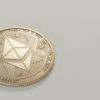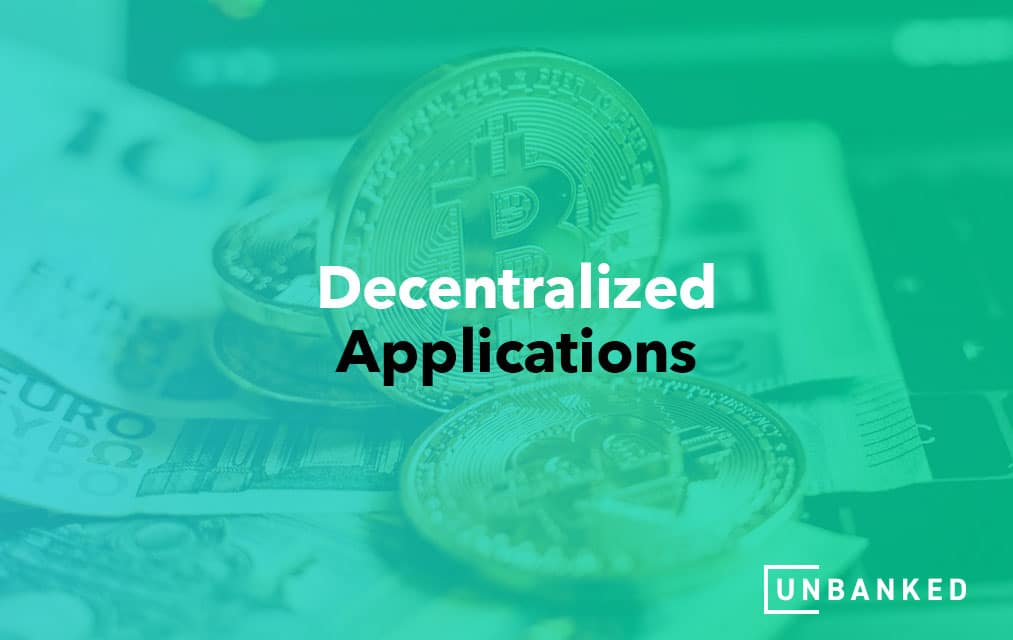A decentralized application, or dApp, is like any other digital app found on laptops or smartphones. However, it uses the additional features of employing blockchain technology to secure the data of the users. Similar to cryptocurrency, dApps are also decentralized. If you want to learn more about these applications, here are a few things that you should know.
Looking to learn more about the basics of Crypto? Check out our Crypto terms every investor should know.
What Is a dApp?
A decentralized application is a distributed open-source software application that runs on the peer-to-peer (P2P) blockchain network. These dApps are visually similar to other software applications that users can support on mobile devices or websites. Instead, the apps are P2P-supported.
Since dApps have a decentralized nature, the developer has released its codebase so that others can build on top of the code. As a result, the app is free from any control of a single source of authority. You can use a dApp to create various applications, including gaming, social media, web browsing, and decentralized finance.
All dApps are built on a decentralized network supported by a blockchain-distributed ledger. By using the blockchain, the dApp can process data through a distributed network to execute transactions. dApps are also designed to be used on the Ethereum platform. With help from the Ethereum blockchain, distributed ledger technologies have helped boost the popularity of these dApps. There are many advantages of dApps, including that they are secure, always accessible, and do not have a single point of failure.
Related: Four Kinds of Blockchain Structures: Which is the Best for You?
How Does a dApp Work?
With a decentralized app, there are three common vital attributes and characteristics:
Open source: All dApps will have changes decided upon by most of their users. That often requires the codebase to be available for comparative evaluation by all users.
Provide decentralized storage: All data is stored on the detailed blocks.
Offer cryptographic: These decentralized data blocks are proven true and validated by users.
The blockchain system is vital to dApps; they are stored and executed on them using Ethereum. With the use of cryptographic tokens, the app can be validated. The cryptographic tokens also provide access to the application. Remember that dApps are very similar to conventional ones. For example, they use the same front-end code to help render a page on a website. However, that may be where the similarities end. The back-end code of a dApp is very different, running on a decentralized P2P network. With that, the dApp is free from control by a single authority.

Centralized databases and services usually support a traditional application, but the dApp is supported by a smart contract stored on the blockchain. For that reason, Ethereum is the most popular type of blockchain used for running those contacts. These smart contracts enforce rules in the code and mediate transactions. Since a smart contract will only have back-end code, it is only a tiny portion of the entire dApp, creating a decentralized app with a smart contract.
In most cases, the blockchain with a smart contract operates on a ledger with data records stored in blocks, not a centralized location. These blocks of data will remain dispersed across various locations. All of the data blocs are ruled and linked by cryptographic validation. Keep in mind that not all dApps will work on standard web browsers. Many of these may only work on websites with customized codes to open these specific applications.
Related: How can Blockchain Technology Revolutionize the Supply Chain?
Decentralized Application Benefits
With the basics of the dApp covered, there are benefits of these applications:
- Data integrity: All data stored on the blockchain is secure and immutable. Why? The blockchain has consensus algorithms that help ensure the data is stored and resistant to outside changes.
- Fault tolerance: If a node in the network continues to work, the decentralized network can stay available to users. However, the performance of the network may be downgraded. Since there is no centralized network, these applications are secure. A hacker would not be able to attack all of the networks to take down the dApp.
- User privacy: Unlike other apps, there is no exchange of personal information. Users will not have to submit any personal information to use the dApp’s functions.
Flexible platform: The blockchain of Ethereum is flexible, and it can enable quicker development of dApps for various industries.

Decentralized Application Drawbacks
Along with the benefits, there are a few disadvantages of decentralized applications, such as:
- Hard to scale: Generally, decentralized networks are harder to scale those centralized ones.
- Network congestion: When a dApp uses too many resources, it can cause congestion and other backups on the whole network.
- Maintenance: Unfortunately, dApps can be hard to maintain, update, and debug. All of the fixes will require peer consensus in the blockchain-based network.
- User experience: Since the dApps do not function the same as a centralized app, it can be challenging for developers to create a user-friendly experience for their users. All users will need a private and public key to log into the system rather than a username and password.
Related: How Can Blockchain Technology Decentralize The Healthcare Sector?
What Are Examples of dApps?
There are thousands of dApps on the market, but the most prominent three include Chainlink, TraceDonate, and Minds.
- Chain Link is considered a middleware software with tamper-proof output, inputs, and computations for the Oracle networks. Google has used it to test its BigQuery PaaS data warehouse.
- TraceDonate is a dApp that connects charities with donors. It has a goal of building trust so that donations will reach those in need. All of the funds are stored on w digital wallet, enabling the donor to track how an organization spends its money.
- Minds is an example of a dApp-based social media platform that operates open-source codes that will encrypt all users’ personal data.
Now that you know the basics of dApps, you can use them to meet a variety of needs.
Do you need options to help you buy, sell, and manage your crypto? At Unbanked, we have the right solutions to help you protect your digital assets.





